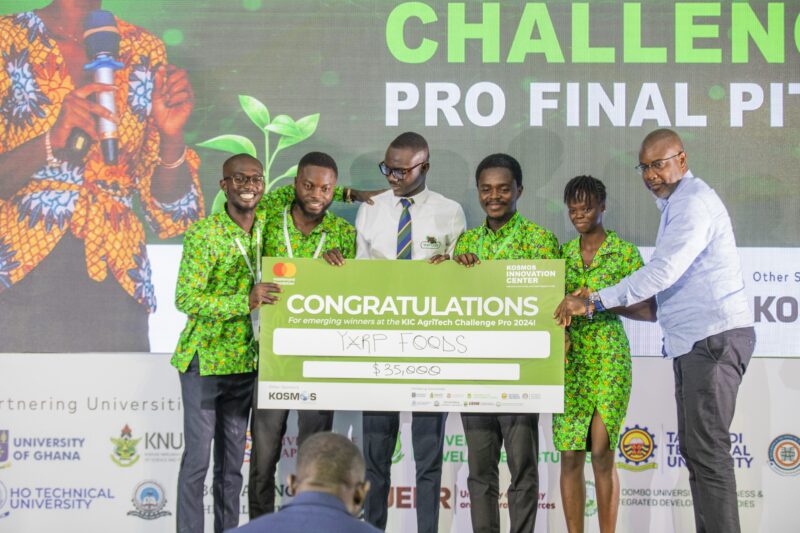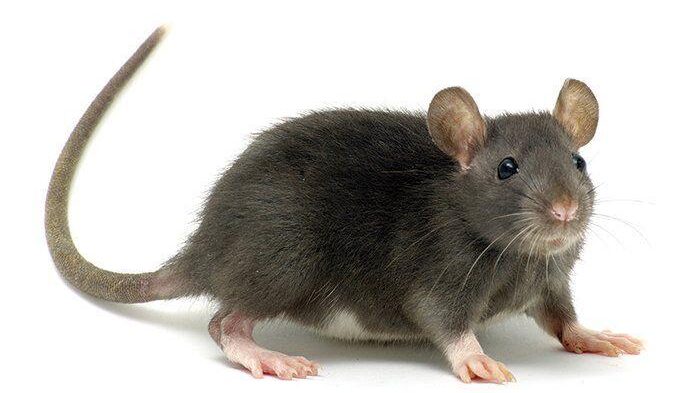- Hyper-local vs. hyper-focused: Two China ETFs go on different paths
- Wildlife loss is taking ecosystems nearer to collapse, new report suggests
- AI decodes microbes' message in milk safety testing approach
- AI empowers iNaturalist to map California plants with unprecedented precision
- Full moon hazard: 50% rise in wildlife vehicle collisions during moonlit nights
What do you believe is the single most important factor driving up the cost of living in Nigeria?
Utilizing advanced artificial intelligence and citizen science data from the iNaturalist app, researchers at the University of California, Berkeley, have developed some of the most detailed maps yet showcasing the distribution of California plant species.
iNaturalist is a widely-used cellphone app, originally developed by UC Berkeley students, that allows people to upload photos and the location data of plants, animals or any other life they encounter and then crowdsource their identity. The app currently has more than 8 million users worldwide who collectively have uploaded more than 200 million observations.
The researchers used a type of artificial intelligence called a convolutional neural network, which is a deep learning model, to correlate the citizen science data for plants in California with high-resolution remote-sensing satellite or airplane images of the state. The network discovered correlations that were then used to predict the current range of 2,221 plant species throughout California, down to scales of a few square meters.
Botanists usually build high-quality maps of species by painstakingly listing all plant species in an area, but this is not feasible outside of a few small natural areas or national parks. Instead, the AI model, called Deepbiosphere, leverages free data from iNaturalist and remote sensing airplanes or satellites that now cover the entire globe. Given enough observations by citizen scientists, the model could be deployed in countries lacking detailed scientific data on plant distributions and habitats to monitor vegetation change, such as deforestation or regrowth after wildfires.
The findings were published Sept. 5 in the journal Proceedings of the National Academy of Sciences by Moisés "Moi" Expósito-Alonso, a UC Berkeley assistant professor of integrative biology, first author Lauren Gillespie, a doctoral student in computer science at Stanford University, and their colleagues. Gillespie currently has a Fulbright U.S. Student Program grant to use similar techniques to detect patterns of plant biodiversity in Brazil.
















